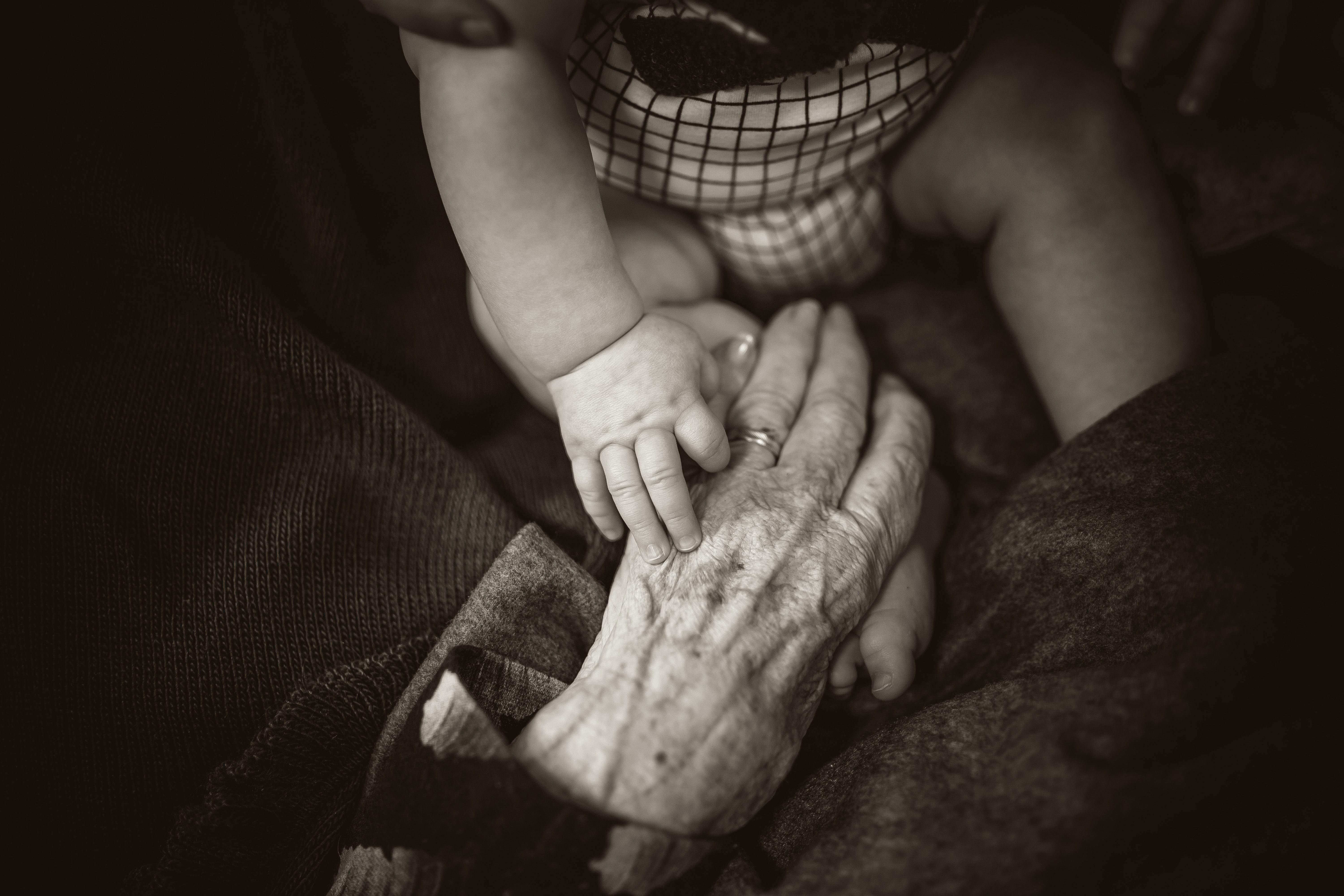Why you should be calling for a new U.N. convention for your rights in older age

Nena Georgantzi explains the link between ageism and human rights breaches and makes the case for adopting a new treaty to better protect human rights for all ages.
As someone who has the word ‘human rights’ in their work title I sometimes forget that ‘human rights’ do not easily resonate with everyone. And even though some will be familiar with the terms ‘women’s rights’ or ‘children’s rights’, very few people can grasp the idea of ‘human rights of older people’.
I don’t blame anyone. The term ‘human rights of older people’ can appear as if older people have different rights than the rest of us. Clearly this is not true. Yet, when we all reach older age we will face a unique disadvantage that will limit our right to decide for ourselves, to learn, to access work, to receive adequate and appropriate care, to participate in society on an equal basis with others.
This disadvantage is ageism. What ageism does is that it prevents us from clearly seeing the injustice, the wrongfulness and the harm behind a word, an action, a law.
It makes is acceptable and legitimate to isolate, discriminate and restrict older people. It is ageism that makes us undermine elder abuse. According to research professionals are more likely to recognize and report violence against a younger woman than against an older one. And it is ageism that dictates biased decisions and means allocation in health systems. Studies have shown that although advanced age is the single most important risk factor for the development of cancer, older people continue to be routinely excluded from preventive screening, clinical trials and necessary treatment.
If rights were distributed on the basis of race, if resource rationing used the criterion of gender, if children were deprioritized, it would be met with social disapproval. But this is not the case when the excluded are the old.
Think about it: Would you agree with a law that does not allow women to work? Although sexism still exists, our societies have finally come to terms with the fact that for centuries we have being denying women their fundamental rights. And despite the real challenges to achieve gender equality in practice, we have in principle agreed that women must not be excluded from the labour market. At the same time we fail to see that a law that includes mandatory retirement ages and forces people to retire just because they reach a certain age is an equally wrong and harmful violation of the human right of the person who wants to continue working in older age.
This person is me, is you, is our children and grandchildren. The human rights of older people are not the rights of a minority. They are not the rights of one generation. They are the same human rights that we should all continue to enjoy regardless of age. They are our ‘human rights in older age’.
The main premise of the Universal Declaration of Human Rights that turns 70 years this December is that all humans are equal in dignity and rights. But unless we stop thinking in age categories, unless we abolish age limits, unless we stop inventing excuses for the exclusion of older people from learning, working and accessing care we are breaching human rights.
These barriers will not fall over night but what may help us is a new international binding agreement, a convention negotiated by states in the frame of the United Nations. Such an instrument will put a mirror to society and force us to see the deep and systematic biases in our laws and policies. It will help us assert whether a certain practice or behaviour improves our access to rights or diminishes them. It will create an obligation to abolish all discriminatory laws and practices. And this is crucial. Because unless we name something as problematic, it will continue to be the norm.
A new U.N. convention is not a panacea, but it is a tool to raise consciousness of ageism and to better detect, prevent and challenge human rights violations against our older selves. If we are serious about our human rights, we need to take action now. Let’s start by thinking about ‘human rights in older age’ as a shared project and not one that concerns only ‘older people’.
Below you may watch Nena’s talk about why we need a new U.N. convention to fight ageism.
—
Nena Georgantzi is Policy Coordinator on Human Rights & Non-Discrimination at AGE Platform Europe and a PhD Fellow with the National University of Ireland in Galway, where she is researching the human rights of older persons and the value of a new UN convention.


Facebook Comments